Our trip to Cusco & the Sacred Valley is filled with highlights, from the cobblestone streets of the city, to the pachamanca cookout and feast in the mountains, to the visit to the sacred site of the Incas. However, one of our favorite moments is our visit to our community partner Kuska, a holistic learning center that promotes and preserves Quechua language and the Andean way of life through education. Read on to learn more about the incredible work they do with the young lives in the community!
First, introduce us to this area of the Andes. Where is Kuska located? What is special about this region? What kind of people live there?
Kuska is located in Ollantaytambo, in the Sacred Valley of the Incas in the region of Cusco. It is surrounded by mountains, rivers, valleys, fields, animals and plants. The habitants of Ollantaytambo are farmers, artisans, small business owners, foreigners and locals. It is special because many parts of the district keeps old parts of an Incan civilization (passages, walls, ceremonial sites, wakas, terraces, stone houses) and it is surrounded by amazing mountains.
Tell us about your journey to Kuska. How did it come about? What was your role in its creation?
My interest in education begun when I became a mother. I started working for an environmental education organization that worked with children around Peru and started a project in the public school here in Ollantaytambo. After that I wanted to continue putting all my effort, energy, time and dedication to children in my community. Our friend and partner Guillermina started an alternative education preschool where the children had more freedom and time to play, explore, to relate and learn about their own emotions, a place where they were loved and respected as individuals with their own interests and abilities. After being part of that experience we thought it was important to give a continuation to that vision and complement it with elementary education.
Nowadays, Kuska School and Yachay Wasi are merging into a one school attendance of children from three to ten years old. My role now is the general coordination and promoter. This project creates an alternative space for children and families who do not fit in the system or have difficulty learning in public school.
What role does Kuska play in the larger picture of the Sacred Valley region and in Peru? Why is the work you’re doing so important?
Kuska offers an educational alternative. We don’t think we are better than others schools, we just want to create another option to families who are looking a more holistic education. Kuska provides a space of respect, where a child is the protagonist of their own learning, where their rhythms and times are acknowledged, where there is time and space for movement, listening, dialogue, play, and self-knowledge.
In Kuska, children experience a wide range of activities where thinking, feeling and doing are present. This is something that is not found in a traditional school and that is fundamental for the development of all human beings. We often find children who are frustrated or left behind because they have a different way to learn (by movement, by music, by being active) and do not fit in that system. We also want this option to be accessible and possible for any family not just a privilege for a few.
Talk to us about your team that runs Kuska. What excites them about work every day? What kinds of educational tools, themes and projects are examples of day-to-day education at Kuska?
We have two preschool teachers, two elementary teachers, one music teacher, one English teacher, one Quechua teacher, one pedagogy coordinator, a lady who prepares the daily snack cleaning, as well as Guillermina and myself.
In Kuska, we do Project Based Learning use the methodology of active learning based on multidisciplinary projects where areas of knowledge (mathematics, communication, science, English, etc…) are integrated into a topic of interest that comes from the group. For example, if the chosen theme is insects, the teacher will help develop and deepen the knowledge of insects through the arts, mathematics, readings, music, and movement. We look for significant moments and experiences that children will always remember.
Tell us about the scholarship program that Traverse clients donate to. Who is the money for and how is it used? Why don't the scholarships cover 100% of tuition costs?
Donations from Traverse Journeys go directly to the scholarship fund for children in the community. We want the school to be a real option for any family that would like to come and not a privilege for just some.
The scholarship helps families afford tuition, which they pay a portion of according to their particular economic situation. We have families that pay from 50 soles (USD 15) a month to more 150 soles. Full tuition costs approximately S/500 a month so the scholarships cover the difference. This year we support 38 families with scholarships and expect 45 next year.
In order to know how much a family will pay they go through a first interview, fill in a "formulario" with many questions about their economic family situation and after checking that information (sometimes it involves going to their house) we send an answer and determine the monthly tuition for the year.
We expect the school to grow (this year we had to reject some preschool families because we don´t have enough classrooms) so this year we will be buying land close by so we can build a bigger school and sustain the project for many years to come.
What is your region of Peru like? What do you like most about living there?
Our region is always changing. You can see the sun shine, listen to a storm, feel the rain and wind and see the sun again (plus rainbow) in one day. It is the light what I like the most. The mountains and nature. The sense of community and the size of the town.
How do you feel that Traverse Journeys is aligned with Kuska’s values?
Support local culture
Eco friendly, with high respectful of the environment
Socially responsible
Personalized
What is the biggest lesson that Kuska has taught you?
It has taught me to be more flexible and adaptable to change as well as to persevere for major goals. I have also gained extensive teamwork and organizational skills.
Want to learn more?
Visit Kuska’s website or better yet, join our Machu Picchu trip and see it in person!






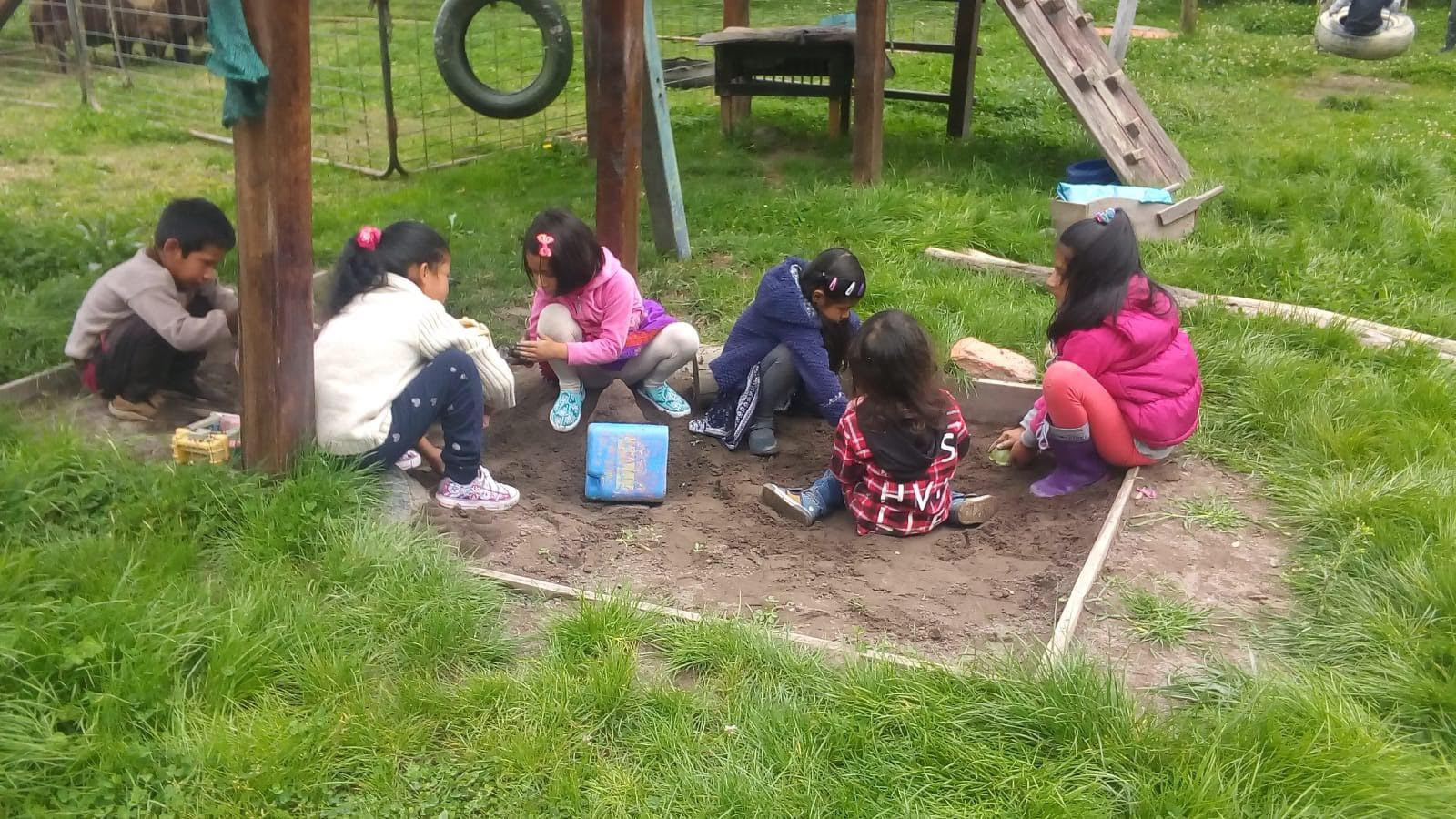


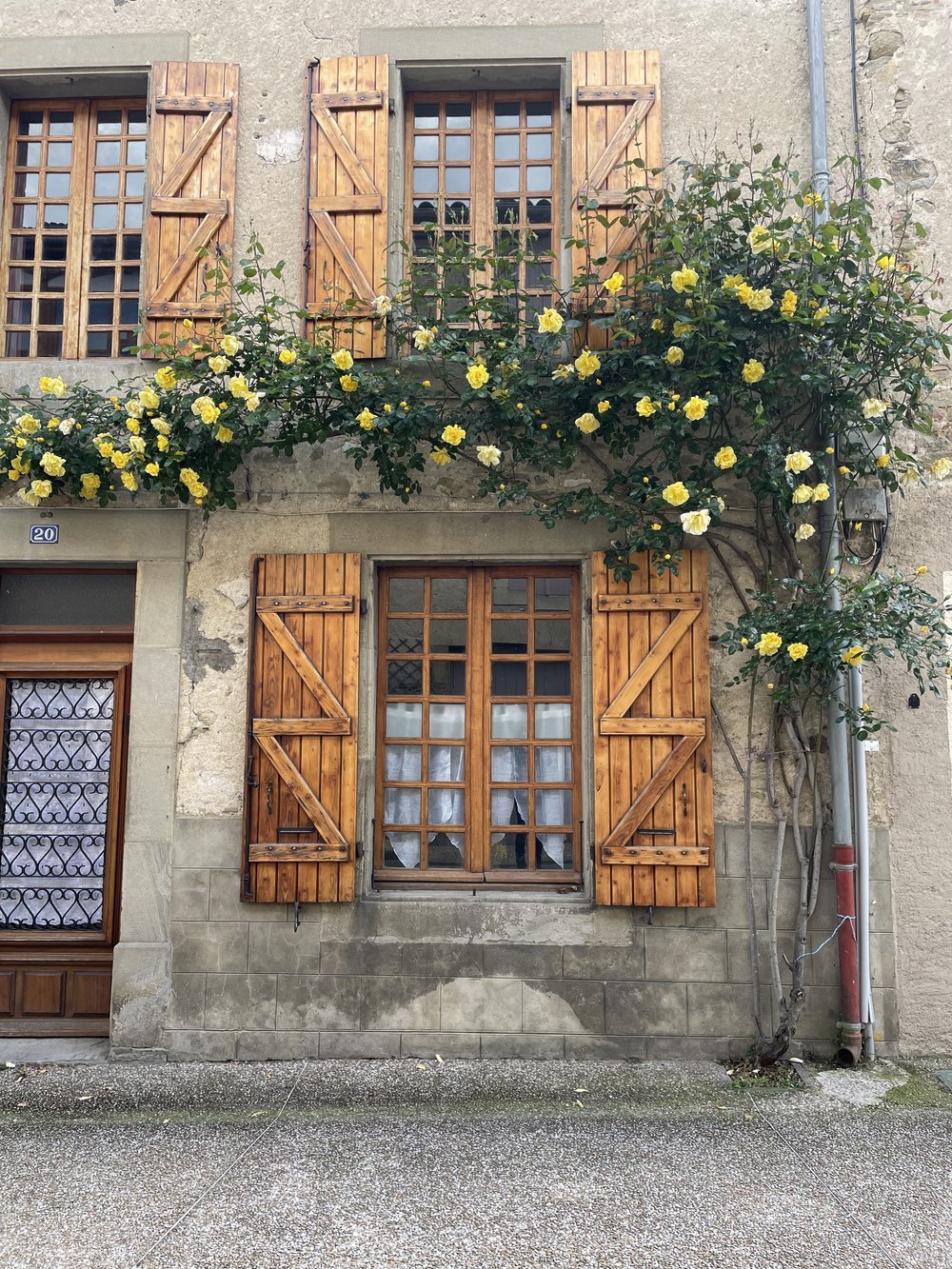
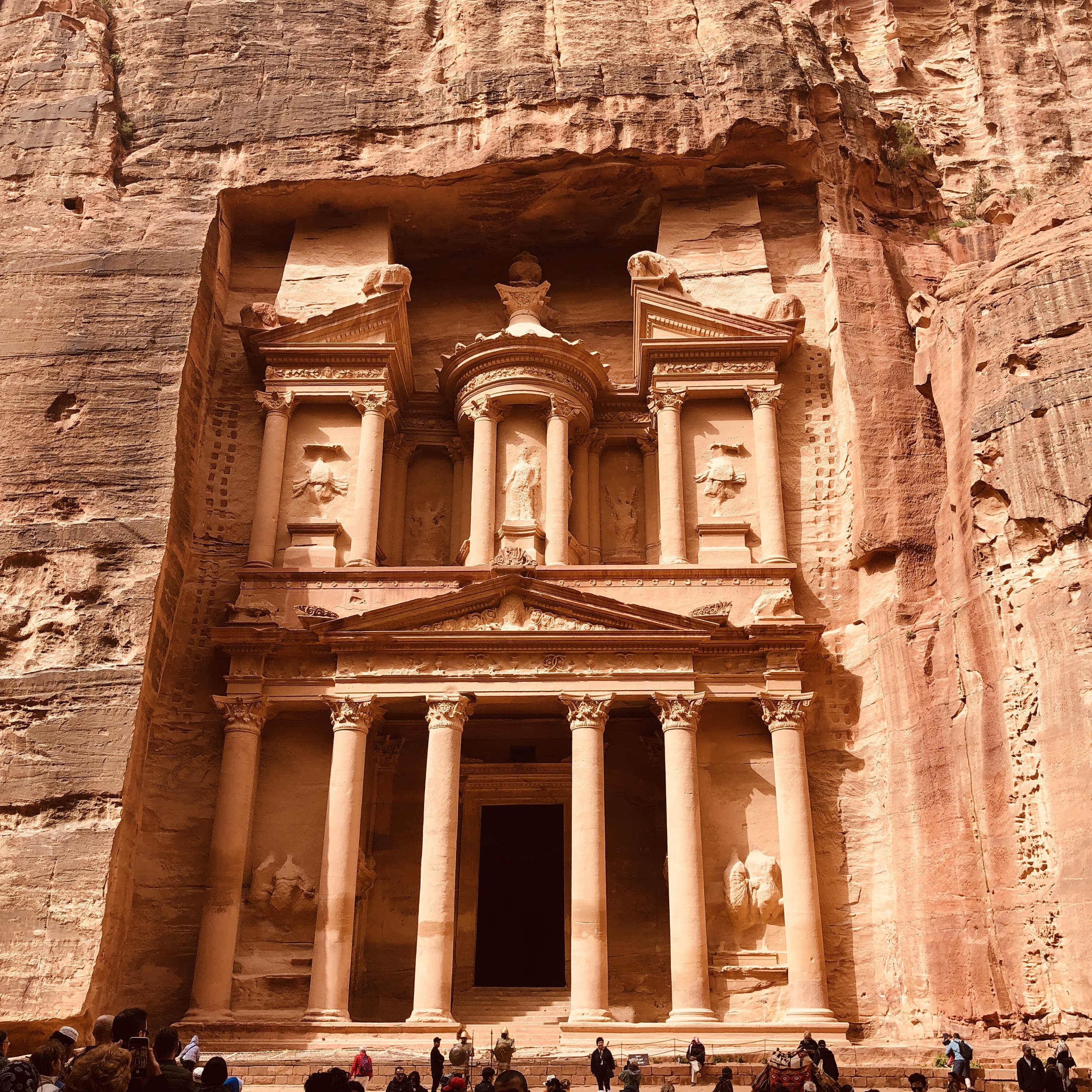
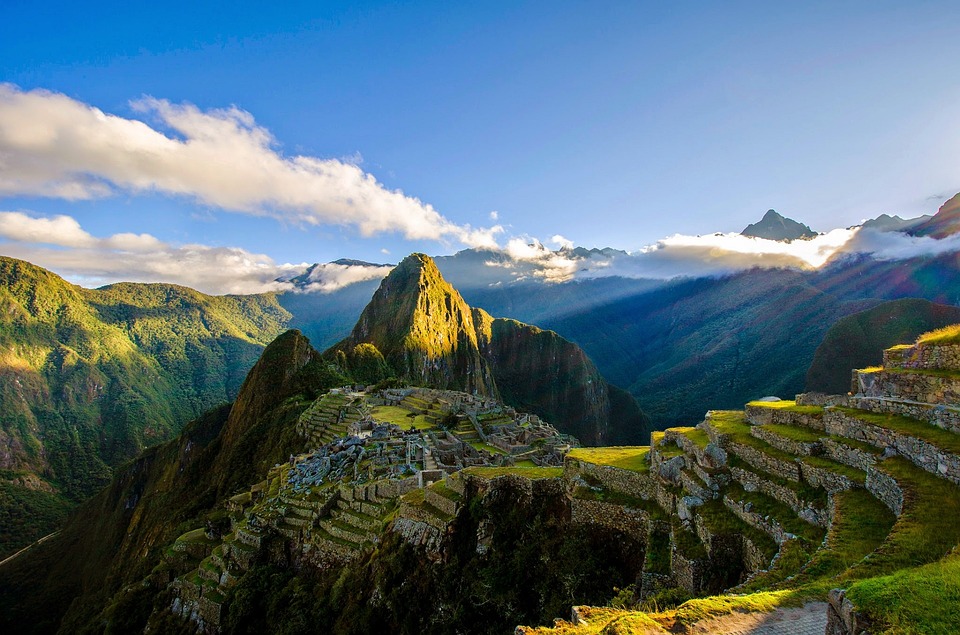

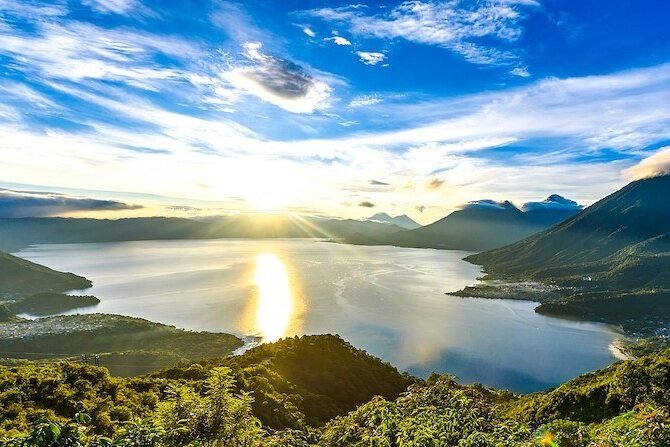
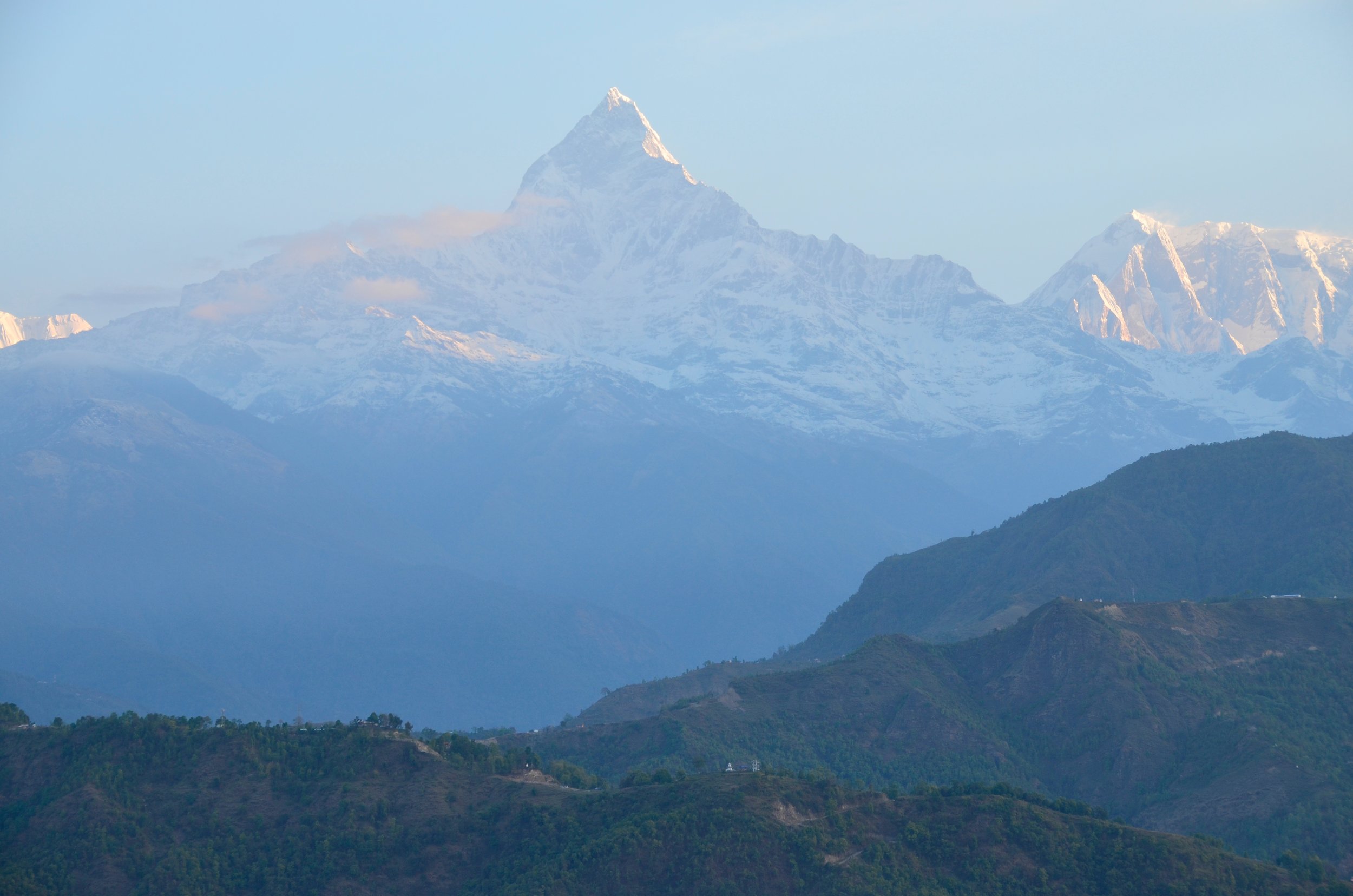







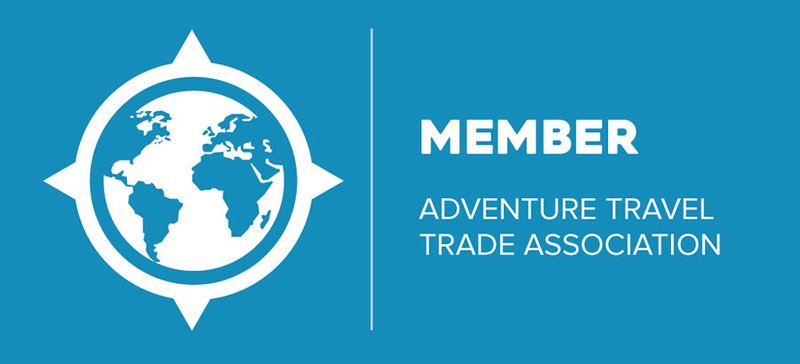
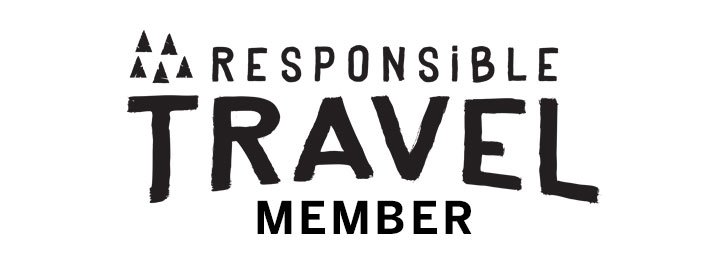

From safety, to transportation, accommodation, and cultural norms, here are the best tips for solo female travel in Peru: